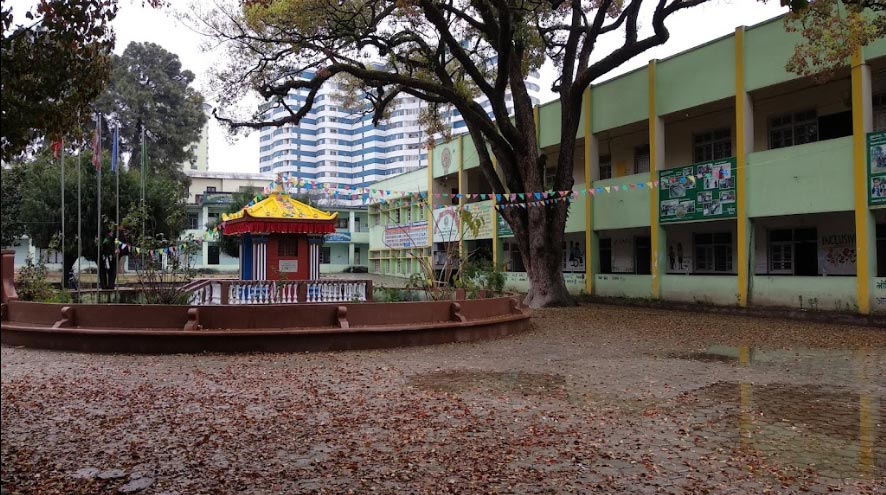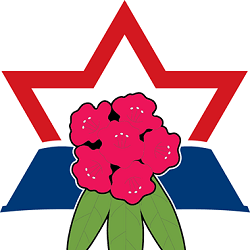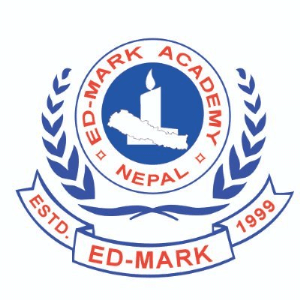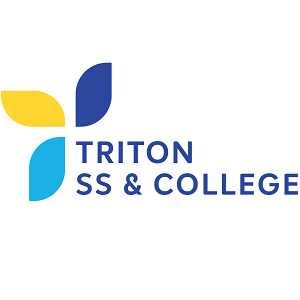Overview
Master of Business Studies (MBS) at Dillibazar Kanya Multiple Campus
MBS at Dillibazar Kanya Multiple Campus (DKMC), Dillibazar, Kathmandu, offers a Tribhuvan University (TU) postgraduate route for students who want clear grounding in management, finance, accounting, marketing, and research across four semesters. You study under TU Faculty of Management rules, follow an academic calendar that supports steady internal evaluation, and sit end-semester examinations set by TU.
Students and guardians often ask for exact processes, course flow, and outcomes. This course note answers those points so you can plan study, work, and family time with fewer surprises.

Highlights
-
Affiliation: Tribhuvan University (Faculty of Management)
-
Level: Master’s (Postgraduate)
-
Duration: 2 years, 4 semesters
-
Credit load: Around 60 credits as per TU MBS framework
-
Seat capacity: 50
-
Assessment pattern: Internal evaluation plus end-semester exams; dissertation or research project as per TU
-
Campus setting: Women’s public/community campus at Dillibazar, Kathmandu
Introduction
MBS at DKMC focuses on clear thinking and steady application. You study core management ideas, use accounting and finance tools on real-style problems, read cases from Nepali settings, and complete a research assignment that shows you can handle data and references.
Many students work while studying. The program structure helps you distribute effort week by week so you do not rely on last-minute cramming.
Curriculum details
Semester delivery follows TU guidelines. A typical plan at DKMC includes core courses, functional depth, and a research component.
-
Core management: Organizational Behavior, Managerial Economics, Human Resource Management, Marketing Management, Operations/Project Management
-
Accounting and finance: Financial Management, Accounting for Decision Making, Cost/Management Accounting, Corporate Reporting basics
-
Research and analytics: Research Methodology, data handling in spreadsheets, basic statistical testing, proposal writing, and a dissertation or capstone study
-
Strategy and entrepreneurship: Strategic Management and a small project that links markets, costs, and compliance
-
Seminar/field tasks: Short presentations, policy note reading, and local firm observation where feasible
Each semester blends concept classes, problem sets, and a guided assignment. Coordinators share timelines for internal tasks and viva so students can plan ahead.
Objectives
-
Concept mastery: Build a stable base in finance, marketing, HR, and strategy suitable for Nepali workplaces.
-
Decision practice: Translate numbers into short memos that help managers choose actions.
-
Research habit: Frame a question, collect data ethically, analyze results, and write a clear report.
-
Professional writing: Produce clean documents with sources, tables, and appendices that pass scrutiny.
Scope
Graduates take roles in banks, insurance, MFIs, trading and manufacturing firms, consulting support, NGOs, and public bodies. Some pursue MPhil/PhD later. Others sit for professional credentials (separate rules apply outside TU).
Learning outcomes
Students who complete MBS at DKMC usually can:
-
Interpret financial statements and build simple valuation or budgeting sheets.
-
Evaluate marketing plans using cost, reach, and timing.
-
Outline HR policies that respect law and workplace norms.
-
Write short research papers with transparent data and references.
-
Present findings in slides that a mixed audience can follow.
Skill development modules
-
Spreadsheet models: Budget trackers, variance sheets, working capital notes, and charts for review meetings.
-
Financial analysis: Ratio reading, sensitivity checks, and cash flow summaries.
-
Market analysis: Customer interviews, small surveys, and channel mapping.
-
Policy and compliance: Company law sections, tax schedules at a student level, and board-style documentation.
-
Research writing: Proposal, instrument design, citation style, and ethics checklist.
Teaching methodology
-
Classroom sessions: TU chapter flow with Nepali examples and step-by-step numericals.
-
Workshops: Data cleaning, table design, and short analytics in spreadsheets.
-
Seminars: Student-led talks on industry notes, budget highlights, and sector reports.
-
Internal evaluation: Quizzes, case write-ups, mid-terms, presentations, and progress reviews.
-
Dissertation supervision: Topic selection, proposal defense, periodic drafts, and final viva.
Admission requirements
-
Minimum qualification: Bachelor’s degree in Management or an accepted equivalent from a recognized university
-
Academic standing: As prescribed by TU for the current cycle
-
Selection: Merit screening; test or interview if announced in the campus notice
-
Documents: Application form, photos, transcripts, character certificate, citizenship/ID, migration (if applicable)
-
Seat capacity: 50 (follow the latest DKMC/TU notice for any update)
Career opportunities
-
Banking and finance: Credit analysis, branch operations, and risk support
-
Accounting and audit support: Financial reporting, compliance files, audit schedules
-
Marketing and sales operations: Product assistance, channel coordination, analytics support
-
HR and admin: Recruitment support, attendance and payroll systems, policy documentation
-
Operations and projects: Procurement support, inventory records, and timeline tracking
-
Research and policy: Data collection, summaries for grants, and evaluation reports
Scholarships and financial aid
-
Merit route: Partial relief for strong semester results within policy and attendance rules.
-
Need route: Limited support for documented financial need as scheduled in notices.
-
Activity route: Consideration for representation or service involvement if announced.
Students should watch deadlines and keep copies of all submitted documents.
Why choose this course?
Students who value structured semesters and exam clarity prefer MBS. You learn to read numbers and write short notes that managers use. Guardians appreciate TU recognition and the campus setting that encourages steady study rather than last-month pressure.
Conclusion
MBS at DKMC offers a clear, semester-based TU route for graduates who want practical management skills. Careful attendance, weekly numericals, and early topic selection for the dissertation help you finish on time and present confident work during viva.
FAQ
Q1. Is MBS at DKMC semester-based?
Yes. The program runs across four semesters under TU.
Q2. Does the program require a dissertation?
Yes. A dissertation or a research project runs under TU rules with supervision.
Q3. What background helps in MBS?
BBS, BBA, or an accepted equivalent. Students from other fields should plan extra time for accounting and statistics.
Q4. Are classes suitable for working students?
Timetables follow campus policy; students often plan early mornings or afternoons around work.
Q5. How can I prepare before joining?
Revise accounting basics, spreadsheet functions, and short business writing. Keep a reading log for local sector updates.






















